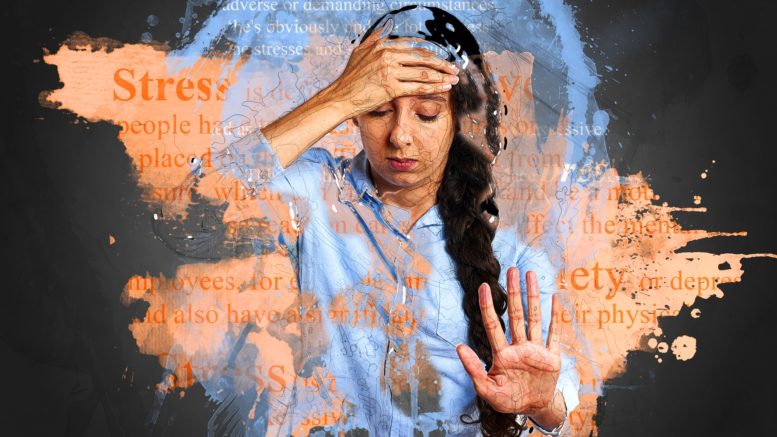Everyone is vulnerable to stress. Its effects run the gamut from being almost unnoticeable to crippling. There’s absolutely no way to tell in advance how your mind is going to react to extreme stress. You might be able to bear a heavy load for years before it becomes overwhelming.
Seeing a therapist can help you make sense of your world. It’s not always clear how to reduce the stress in your life. Urban Balance Counseling, a therapist in Hinsdale IL, notes that they work to “reduce any stigma associated with mental health issues that include marriage and family matters, and substance abuse problems.”
Too much stress can kill you. Modern life is so hectic that people have grown used to constantly feeling stressed out. They don’t reach out to a therapist until they’re in a crisis.
You don’t have to wait that long. Book an appointment the moment you begin to feel concerned. A professional can allow you to gain control of your life.
Everything is Horrible
Feeling like you’re always unlucky or things never go your way is a sign that your negative thoughts are spiraling out of control. The official term is called “catastrophizing.” If you’re guilty of falling into this thought pattern, it can seem impossible to ever break free.
Your therapist from Kip Therapy can teach you specific strategies to help you manage your irrational thoughts.
The key is to identify the thought error before it takes root. Don’t allow your mind to dive into a tunnel of what ifs.
You Feel Ill… Literally
Do you constantly feel sickly yet your doctor says there’s nothing wrong? It could be a sign you need to see a mental health provider. Constant stress and anxiety can manifest in physical symptoms. Therapists report patients often come to them after getting a referral from their regular doctor.
If you’re struggling with untreated mental health problems, you might experience stomachaches and headaches. Or you might suffer from severe sleep problems. Some people lay awake for hours as they try to fall asleep every night. Others sleep for more than 12 hours a day. Both extremes can be harmful.
You Don’t Have a Healthy Coping Mechanism
Think about your strategies for making yourself feel better. Are you constantly turning toward drugs or alcohol? It’s very hard to have a strong mind if you don’t know how to recover from disappointment.
People used to believe that only the mentally ill could benefit from a visit with a therapist. Now we know that that isn’t true. A skilled therapist will be able to teach you how to implement a strategy to deal with what life throws at you.
You Feel Stuck
Sometimes it can feel as though you’re trapped in your current situation and nothing will let you break free. You might be stuck in a pattern of bad behavior. If you can’t navigate out of this mental maze yourself, it’s a good task to leave to a professional.
Perhaps a bad relationship is wearing you down. Or maybe you’re dealing with an unusual amount of work stress.

You might be cognizant enough to realize something is wrong but have no idea what to do about it.
The first positive change you make can be seeing a therapist. An outside, objective point of view might be exactly what you need.
You Feel Out of Control
Emotions can rule your life. Some people are naturally sensitive. Others become morbidly touchy and reactive. It’s common for people to attempt to bury their negative feelings. This works until their spirit is unable to carry the burden anymore.
Regular therapy can help you figure out what’s going on. You can’t allow anger and anxiety to dominate you.
You’re Unhappy
Nobody can be bright and cheery 24/7. Anyone can fall into the dumps. Persistently feeling as though you hate your life, however, isn’t normal. If that’s your mental state, it’s a strong sign that you need help.
A negative interior world could indicate depression, a serious mental illness affecting millions of people. Therapists treat people with depression every day.
Almost everyone could benefit from speaking with a therapist. You don’t need to be experiencing an extreme mental state. If you are undergoing a tough experience, however, don’t hesitate to seek professional aid.
You might need medication before you begin to feel normal again. Or simply speaking to someone about your pain might be enough to make a difference. There are many different forms of therapy available to you.
